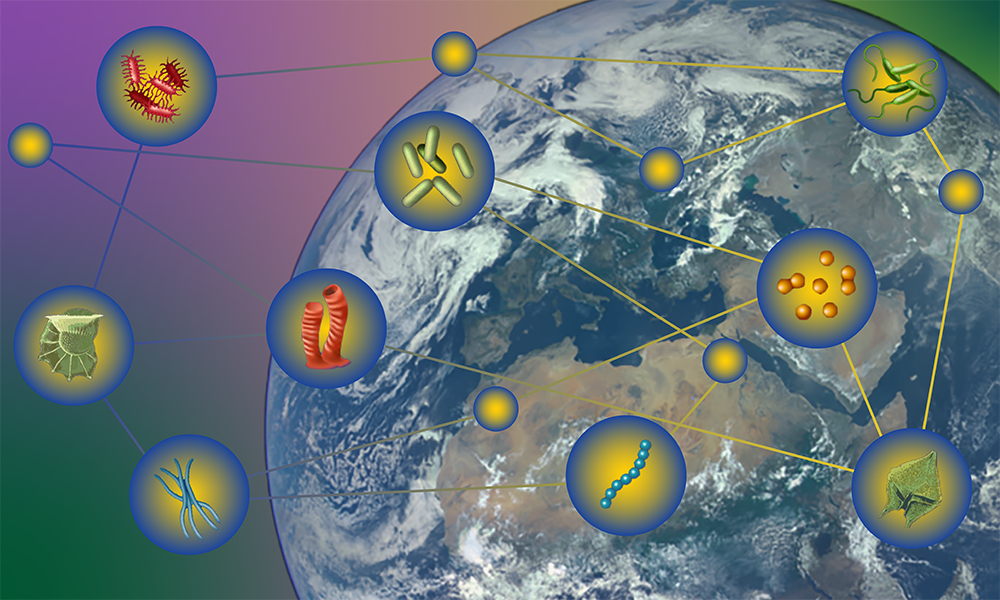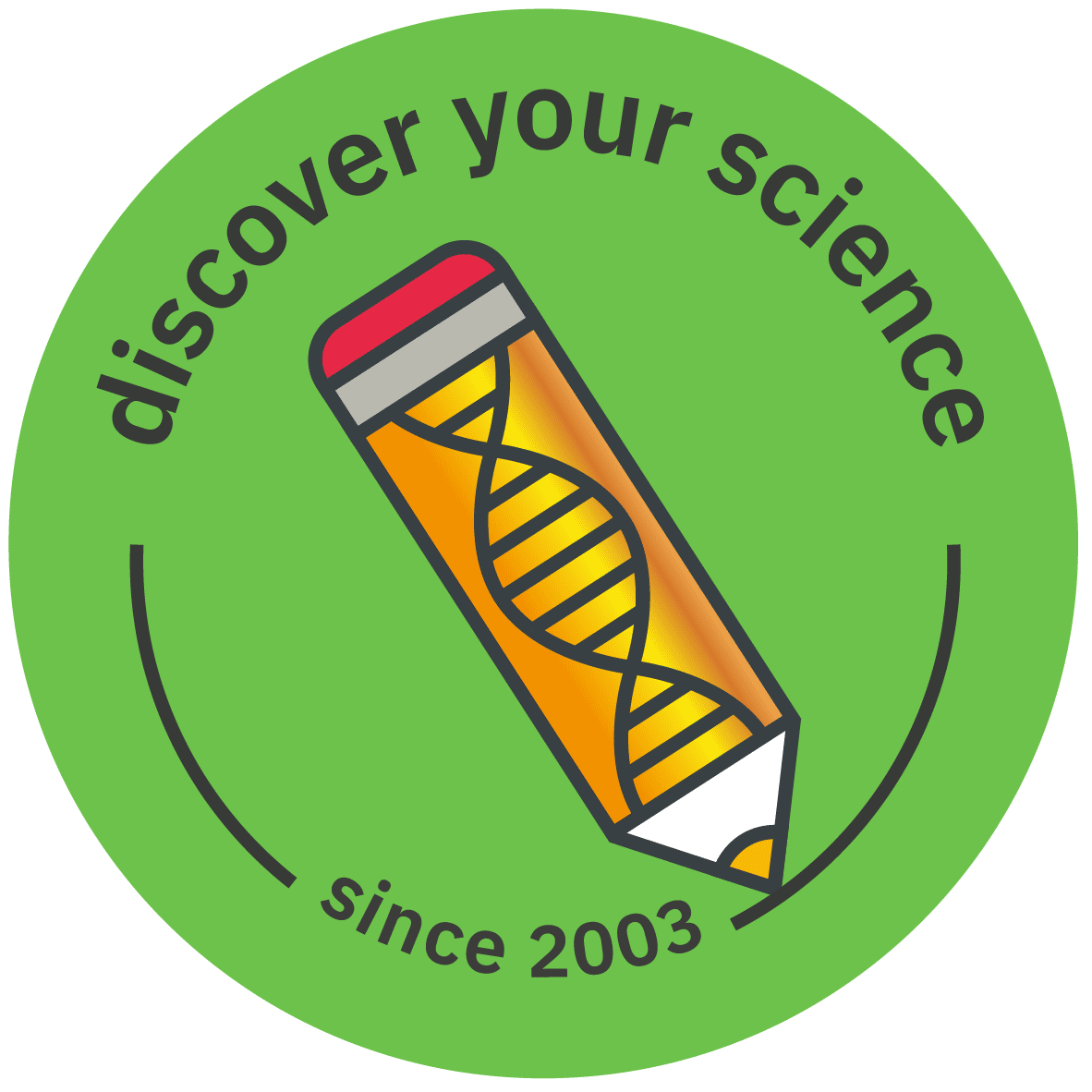Planetary Biology in Action: Exploring Ecosystems
#PlaBio2025
Overview
Understanding how life adapts and thrives in different environments is essential for advancing planetary biology and appreciating the complex web of interactions that shape our planet’s ecosystems. The self-paced course “Planetary Biology in Action: Exploring Ecosystems“, organised by EMBL’s Science Education and Public Engagement team in partnership with Merck, introduces key ideas in planetary biology by exploring how scientists study life in coastal environments, from microbes to ecosystems. You will also discover practical and engaging ways to bring these topics into the classroom and help students understand how living things interact and adapt.
This free online course will run from 22 April to 1 June 2025 and is taught in EnglishParticipants can join at any time and progress through the course material at their convenience. Upon completion, participants can earn a certificate of attendance by completing a short feedback questionnaire.
Dates Duration Weekly study Format
22 Apr- 1 June 6 weeks 2 hours 100% online
Who is this course for?
This course is designed for formal and informal educators, including teacher trainers and educators in training. It is also suitable for science professionals and anyone interested in learning more about planetary biology.
Please note: This course includes content from the 2023 EMBL virtual LearningLAB “Exploring ecosystems“.
Please note that the course language is English and a minimum English proficiency level of B1 is required. To assess your language level, you can take the free test available at: https://www.efset.org/cefr/b1/. To increase the course content accessibility, subtitles will be provided wherever possible to support understanding.
Learning format
The course content will be available online from 22 April to 1 June 2025 and is divided into two sections. Please note that you are free to design your learning path, by accessing content as per your preference and interest.
The science section includes pre-recorded lectures on planetary biology, a recorded Zoom Q&A session with the speakers and an additional collection of scientific resources.
The teaching section offers an EMBL game-based teaching resource and an additional collection of teaching resources.
The course workload is designed around ‘recommended‘ content, including pre-recorded lectures and pedagogical materials. The time commitment may vary depending on your interests and engagement with the materials.
What will you learn in this course?
By the end of this course, you will:
- Broaden your understanding of how coastal and marine research contributes to planetary biology
- Gain insight into how scientists combine fieldwork and molecular approaches to study biodiversity and adaptation
- Familiarise yourself with “Nexus Island”, a game-based teaching resource for exploring ecosystems in the classroom
- Expand your teaching toolkit with accessible materials for introducing planetary biology topics
Course registration
How to access the course?
Register for the course any day by 30 May 2025 and explore the content we have in store for you. Click on the “Register here” button below or the “Apply” button in the sidebar to get access to the EMBL eLearning platform eCampus where the course content is made available for you.
If you are not yet registered on eCampus, the platform will lead you through the registration process inviting you read the EMBL GDPR and create a new account. Once your account is set up, navigate to the eCampus Home tab, where you will find the course listed at the top. You can then enter the course from there.
If you are already registered on eCampus, the course link will take you directly to the course, where you can enrol.
Join and explore the course content at your own pace until 1 June 2025 at midnight.
If you have any problems with registration, please contact teodora.dobreva@embl.de every working day between 9 am and 5 pm CEST.
We hope to see you there!
Register hereOrganiser
This training course is organised by EMBL’s Science Education and Public Engagement office in partnership with Merck.
EMBL Science Education and Public Engagement
EMBL’s Science Education and Public Engagement office shares the scientific discoveries of EMBL with young people, teachers and the diverse public in Europe and beyond. Our education programmes convey complex, cutting-edge topics in life science research in an exciting and insightful way, fostering the discovery of current research trends, the scientific method, and scientific career paths. Our teacher training courses empower educators to bring modern life sciences into the classroom. Visit our website for further information about our activities.

Merck, a leading science and technology company, operates across life science, healthcare and electronics. More than 64,000 employees work to make a positive difference to millions of people’s lives every day by creating more joyful and sustainable ways to live. From providing products and services that accelerate drug development and manufacturing as well as discovering unique ways to treat the most challenging diseases to enabling the intelligence of devices – the company is everywhere. In 2022, Merck generated sales of € 22.2 billion in 66 countries.

Date: 22 April - 1 June 2025
Application deadline: 30 May 2025
Topic area: Planetary biology
Format: Online
Fee: Free of charge
Contact: SEPE team
Share:
